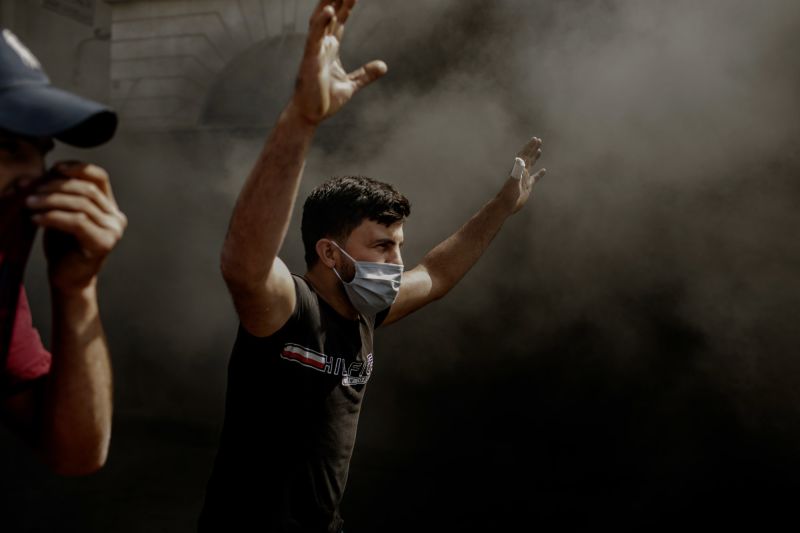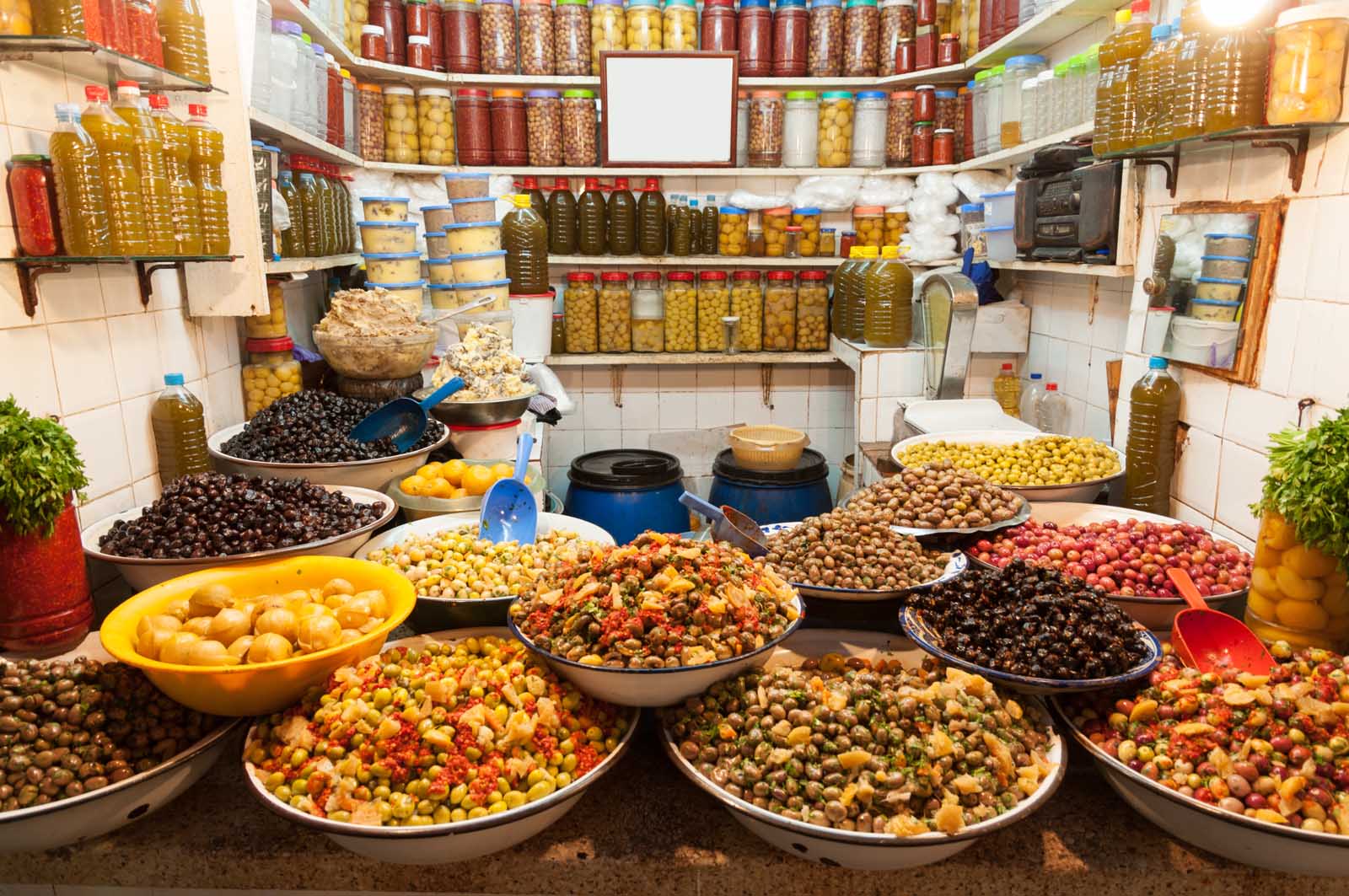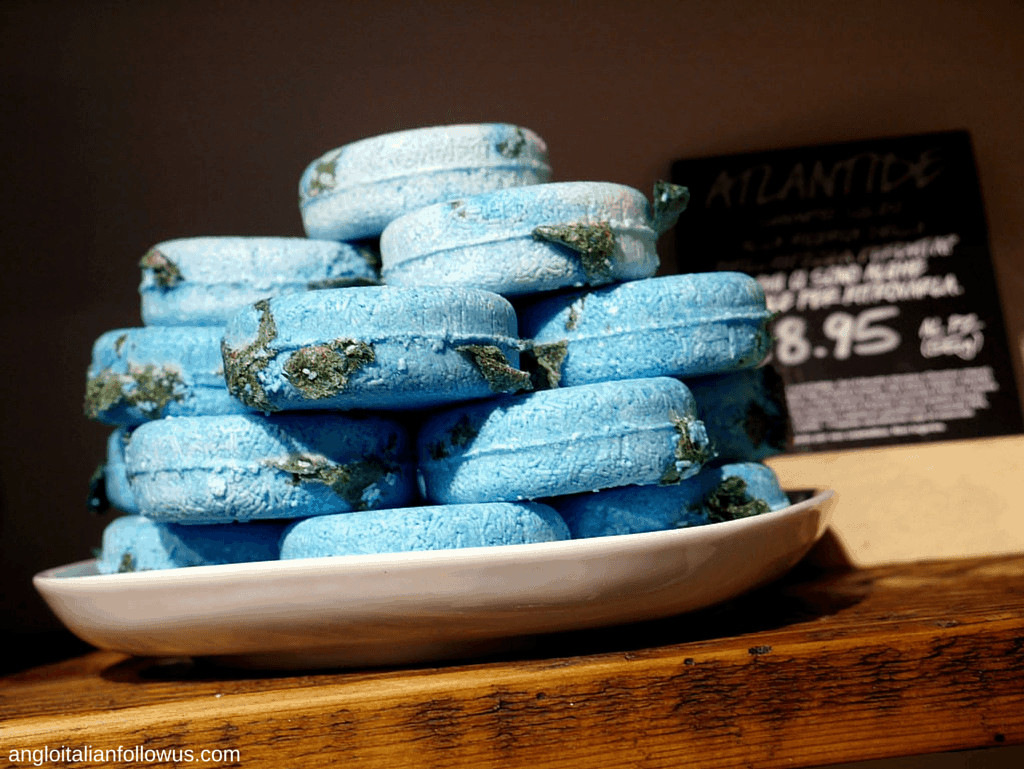Lebanon is in turmoil.
The country’s long-running financial crisis, which led to the resignation of its prime minister in October, has only gotten worse because of the coronavirus pandemic.
Before the pandemic, the World Bank projected that 45% of people in Lebanon would be below the poverty line in 2020. Now the government believes that up to 75% of people are in need of aid, Social Affairs Minister Ramzi Musharrafieh told CNN.
Anti-government protesters returned to the street with a vengeance this week after nearly two months on lockdown. In Tripoli, the country’s second-largest city and its poorest, protesters hurled Molotov cocktails at banks and clashed with security forces.
Since the uprising began last year, the Lebanese lira has been in a free fall, losing about half of its value. Consequently, food prices are soaring.
“Protesters in Tripoli have lost everything. They don’t have work, food, water, electricity,” said photographer Diego Ibarra Sánchez, who has been documenting the protests. “Everybody is descending into chaos.”



Diego Ibarra Sánchez

Diego Ibarra Sánchez

Diego Ibarra Sánchez

Diego Ibarra Sánchez

Diego Ibarra Sánchez



Diego Ibarra Sánchez


“People are really, really desperate,” Mira Minkara shared. “What happened (Tuesday) is an authentic reaction to the desperation, to the frustration and to the pain that people are feeling. It’s not normal pain. It’s the pain of when you’re hungry, you’re angry and you’re sad that you can’t pay rent any more and you can’t eat.” Diego Ibarra Sánchez

“Lebanese soldiers are Lebanese citizens,” said photographer Diego Ibarra Sánchez. “They are suffering as their families, too. We´ve seen army soldiers crying, tearing up inside a military vehicle, or hugging protesters as troops moved in to reopen key highways a few months ago.” He also noted instances of what he believes is excessive brutality. Diego Ibarra Sánchez


Diego Ibarra Sánchez





